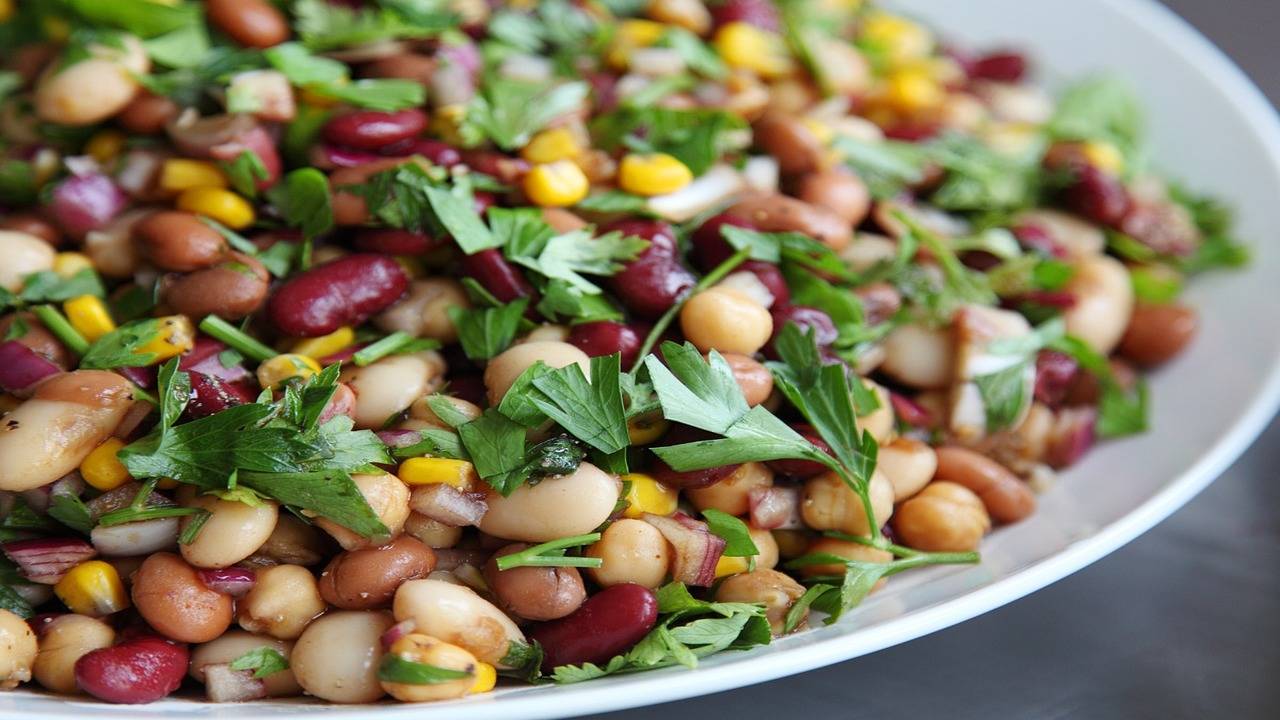My father thought I’d gone completely mad but soon I had more and more people saying, ‘Will you cater for our dinner party?’ At this time, there was no food at home because I was cooking for others so I started freezing food. And that’s when the penny dropped. I ventured round the local farm shops and by the end of the year, 12 shops were happy to stock our food – about 16 dishes that freeze and hold well.
I couldn’t carry on in my kitchen in the garden. There was a 400-year-old completely derelict cowshed nearby – it was completely broken down and the estate manager said, if you want it, we can have this done up for you, and I said yes, please.
I try to buy everything locally. Apart from things like rice, everything we source within a 50-mile radius. We don’t open jars and don’t add preservatives – we cook in exactly the way that food is cooked in a typical Indian kitchen and blast freeze it. We are a non-single use plastic site – even our trays are cardboard.
Now, we supply 40 farm shops and deliver one-off orders or subscription boxes to anywhere on the mainland.
Lockdown happened
At the beginning of the year, we had a full order book of events and cookery lessons. Then lockdown happened and our events disappeared literally overnight.
For the first 24 hours, there was pure, blind panic. I remember walking around thinking, I’m damned if I’m going to go down without a fight. I realised I needed 500 people to buy eight meals a month; that was easy to quantify. Lots of local people said they’d buy a monthly subscription box for however many months [we wanted them to]. We also immediately pushed as much as we could online, investing money to get a robust website up and running within a week.
The insulated boxes are picked up at 3 o’clock and, the next day, by lunchtime, come to you. You can put the food in the freezer for up to six months or in your fridge for use within two days.
On our launch on April 1, we sold more that one day online than we had in the past nine months put together. If anyone is considering setting up a business, I’d say quantify what you need to do and become like a stuck record until you get there.
Despite lockdown, we were able to invest and even launched ice creams and chutneys. And, we’ve won 11 Great Taste awards, won South East Great British Entrepreneur award for food and drink and were named one of the top 100 small businesses to watch out for.
Initially, I did miss the old life, especially the monthly pay check. Now, I cannot even imagine doing anything else – I love the excitement and sheer variety that each day brings, working with my team, stockists, fabulous customers and suppliers. And as I drive through the Surrey Hills to walk into the kitchen, it’s my happy place and I feel very privileged to be able to live my dream.
Make your own way in catering: Mandira’s tips
1. Do your due diligence and find your niche – food is a crowded market so decide what sets you apart and then go for it rather than blindly trying to copy what someone else is doing.
2. Start small and grow organically. Test, test and test the market at every stage so that you know something works before going for it fully.
3. Prioritise quality – in terms of raw materials, the finished product and the people on your team. We do not take shortcuts and our food, our team and customers are our biggest ambassadors.
Mandira Sarkar of Mandira’s Kitchen was talking to Joy Persaud






